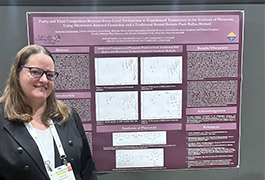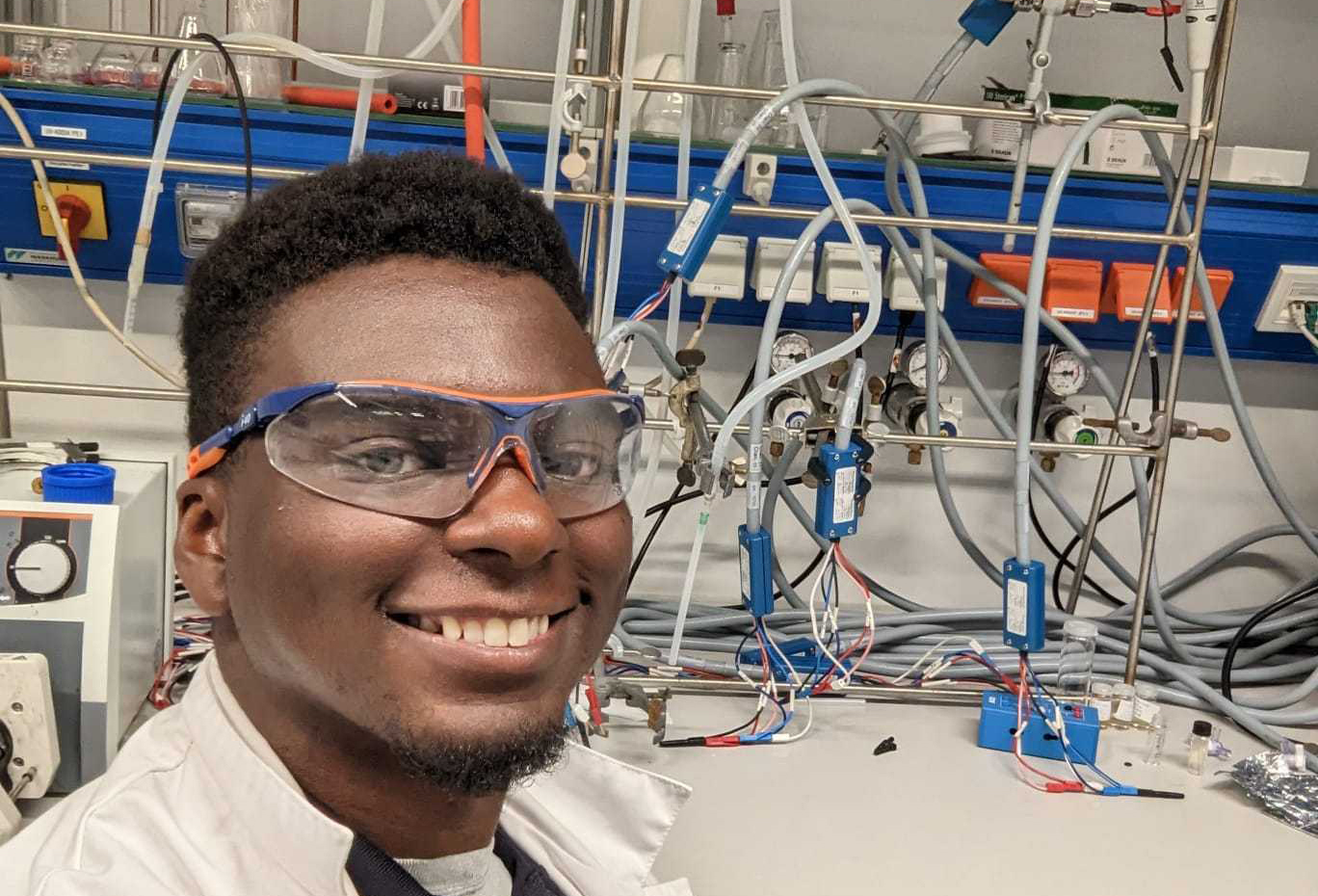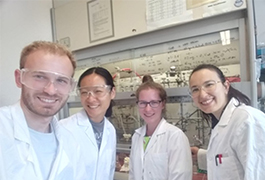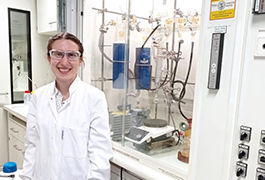Study Plan for the Semester
It’s the beginning of a new semester, and probably the last thing you want to think about is exams. But actually, the moment you get your syllabi and begin your day-to-day assignments is the moment you should make a plan of action to score high on your exams.
Every lesson you learn in a chemistry course builds on the previous one, so “killing” a final exam doesn’t happen because of a cram session; it comes by way of how you study from the very beginning.
Here are five study strategies to get you exam-ready.
#1: Schedule a comprehensive study plan
To plan now for what’s coming down the pike, get out the syllabi for all your courses and post all the dates for assignments, projects, and exams onto one calendar. Include preparation time (e.g., studying, writing outlines, drafting papers). To avoid crunches, figure out overlapping due dates and allot time for preparation and study accordingly. For example, if you have a paper due on the same date as a lab report, make sure you have a rough draft of the paper before the lab.
Be sure to include post-exam reviews in your plan. Review your tests, quizzes, and other graded assignments as you get them back, to understand what concepts and knowledge you need to work on. The topics covered in these earlier assessments lay the groundwork for your final, so making sure you understand them as you go along is the most effective way to ensure you’re ready for each new stage.
Of course, it’s easy for plans to get derailed. You might have to make an emergency trip home, take longer on an assignment than you planned, or simply spontaneously blow off everything one night. Don’t panic! Simply look at the rest of your plan and revise your calendar. If you are able to space out most of your work, blowing off one or two nights won’t tank your semester.
#2: Learn actively
Science has shown repeatedly that simply rereading your notes is just about the single worst way to study. Make better use of your study time by using more active tactics:
- Complete study problems
- Teach the topic to a friend
- Practice with flash cards
- Draw “thought maps” of the concepts you are learning
Study guides and practice tests are also great ways to prepare for exams. If you are taking an ACS exam, you can purchase practice exams and study guides. Check with your professor or with other students who have already taken the course for old tests and problem sets for you to work on as you go.
Tutoring is another way to review old material. Nothing helps you process (and retain!) information like finding new ways to explain it to someone who is struggling.
For cumulative exams, a good tactic is to prioritize studying things you already have a partial grasp of, and try to strengthen your skills and understanding. Keep in mind that each chapter covered on a cumulative final has three to six important concepts. Figure out what these are and make sure you review each one.
#3: Stay on top of the topics
Almost everyone hits a topic in chemistry that is extremely challenging compared with other topics. Remember that chemistry is cumulative—it builds on itself. So, if you are struggling with a topic, it will be that much harder to pick up the next topic in the course.
Work as hard as you can to work through the concept yourself, because this is the best way to retain information. But if a topic is getting the better of you, get help. Seek a tutor, ask a buddy, or join a study group. And take advantage of your professor’s office hours.
Incorporating a review of old material when you’re studying new material is also helpful. If you are in the second semester of a two-semester course, review one chapter of your previous course each week to make sure you are still on top of the material.
#4: Collect intelligence
Early in the semester, find out as much about the final as possible. You want to know the format (multiple choice, free response) and who wrote it (the professor, the department, the ACS Exams Institute). If someone other than your professor is writing the final, you can expect the questions to look different and to read differently. In this case, you’ll want to make sure you study from a variety of sources (alternative textbooks, online problem sets, study guides, old problem sets from different professors).
You’ll also need to know what information will be provided (periodic table, key equations, constants, etc.). In general, the more information that is provided on the exam, the more the professor is testing your understanding of the material, rather than your memorization of basic facts—an important clue about where to focus your studying efforts.
#5: Stay active
Be sure to schedule breaks and some personal time in your plans. Even if you have eight hours straight to sit and work, neither your body nor your brain is designed to work that way. Make sure to stop every hour or so for a break—get up, walk around, have a snack, or do something else for about 10–15 minutes to give your brain a rest and reduce your stress level.
Don’t underestimate the importance of getting out. It may be a few minutes chatting with a friend, an hour in an exercise class or at the gym, or an afternoon doing outreach with your ACS student chapter. Hanging out with friends (and commiserating over homework) will give you an emotional boost when you are ready to hit the books again. Getting away from your desk will help you refresh and recharge. Sharing your love of chemistry will help you remember why you are still majoring in it.
Midterms and finals may be months away, but now is the time to start getting ready for them. With a good plan and some self-discipline, you will be all set to succeed.




